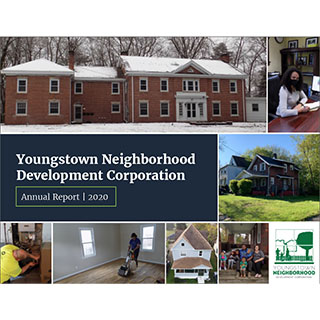COVID-19 has caused unprecedented financial strain.
Thankfully, a partnership between the Community Foundation of the Mahoning Valley and HFLA of Northeast Ohio offers some relief.
Back in March 2020, board and staff at HFLA watched closely what was happening in other countries. They began anticipating what would happen to the region if they too were to have a mandated shut down.
They thought about what kind of loan product might help the community and came up with expedited, low-amount loans. Where typically they provide interest-free loans of up to $10,000 for education, standard personal loans or business, these loans are smaller, they’re able to get them out faster, and they do not require a guarantor or co-signer.
“This could be something people could use to stay afloat, to cover a necessary cost when they needed to,” explains Hillary Butler, Development Coordinator, HFLA of Northeast Ohio.
Thank goodness for this foresight.
“When Ohio governor Mike DeWine announced that public schools would be closed, we immediately announced that day that this program was available,” says Butler. “We knew just with schools closing down alone that this was going to be a major financial burden for a lot of working families. They would potentially need to pay for childcare and parents might have to stay home and lose income.”
As the mandated closures of businesses started to happen, many began asking how these loans work. They needed help supplementing the income they had lost.
A Valley-specific loan fund had been seeded with a collaborative grant of $50,000 from the Community Foundation and the Raymond John Wean Foundation. The loans themselves are then disbursed through the HFLA.
The COVID-19 Emergency Loan for Individuals is designed to help residents who have had their income impacted by the pandemic. These expedited loans of up to $1,500 can cover lost wages (including those who are self-employed), childcare costs, or additional medical expenses. The loan can be used for any necessary expenses at the discretion of the loan recipient.
To qualify, applicants must live in Northeast Ohio, be able to prove their financial hardship is due to the COVID-19 pandemic, and also that they can repay the loan under normal financial circumstances.
A similar loan is available for businesses. The COVID-19 Small Business Emergency Loan of up to $5,000 can be used to cover payroll, rent and other expenses while business is slow or paused.
To qualify for this loan, a business needs to have existed a minimum of 12 months. The business owner must meet with an HFLA business loan volunteer to discuss how COVID-19 has affected their business. They need to provide a recovery plan and must check in periodically for support. The business owner will also guarantee the loan. Loans are made to the business or to business owner(s) who own more than 20 per cent.
These loans are not meant to replace Disaster Relief SBA loans or other funds business owners may be eligible for, but rather to offer additional support.
To see the full story from Mahoning Matters, click here.
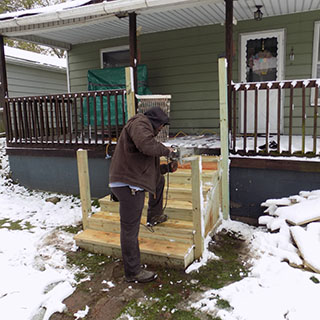 ,
,  ,
, 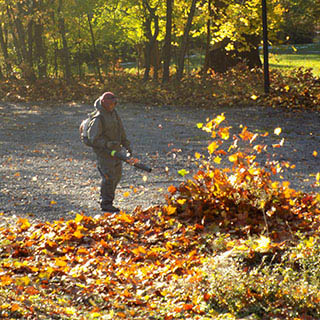
 ,
,  ,
, 


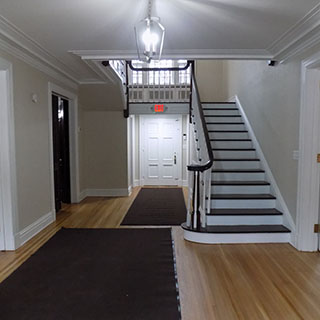 ,
,  ,
, 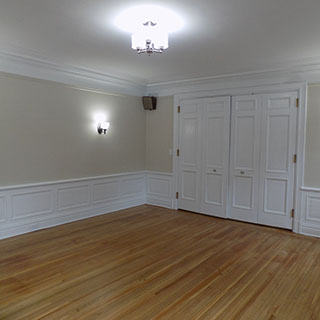 ,
, 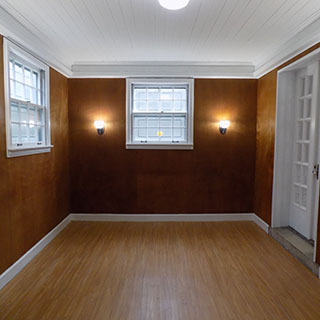 ,
, 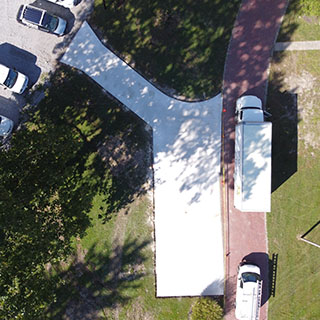
 ,
,  ,
,  ,
,  ,
, 
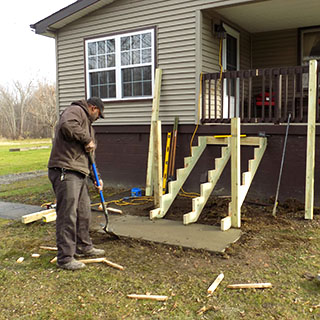 ,
, 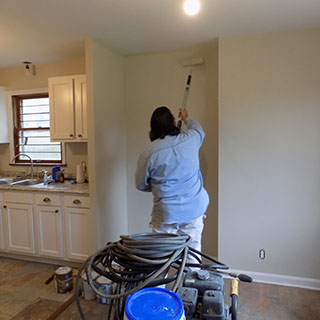 ,
, 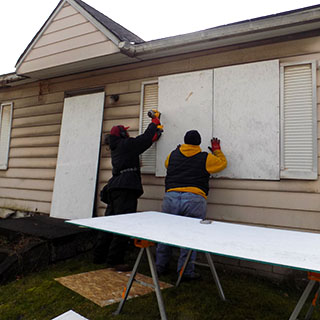
 ,
,  ,
, 

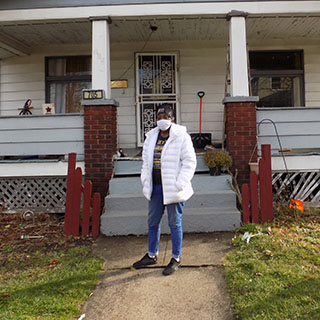 ,
, 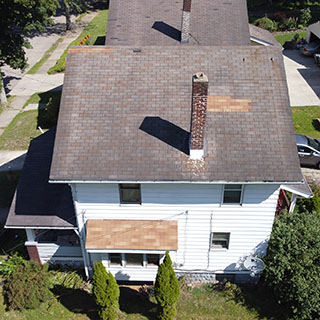 ,
, 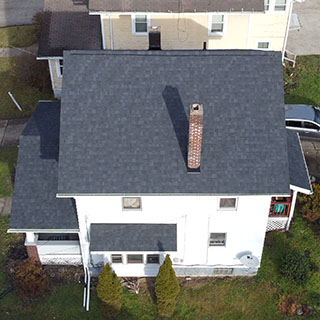
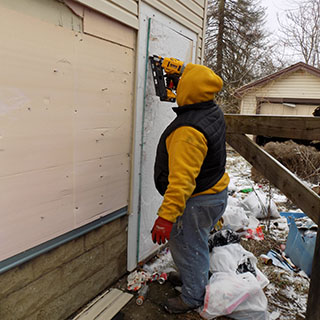 ,
,  ,
, 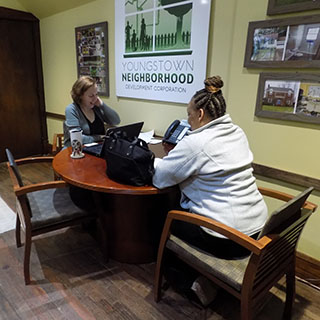 ,
, 
